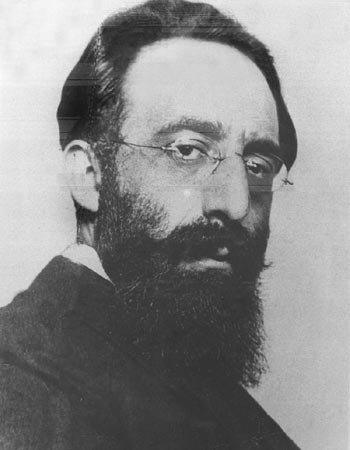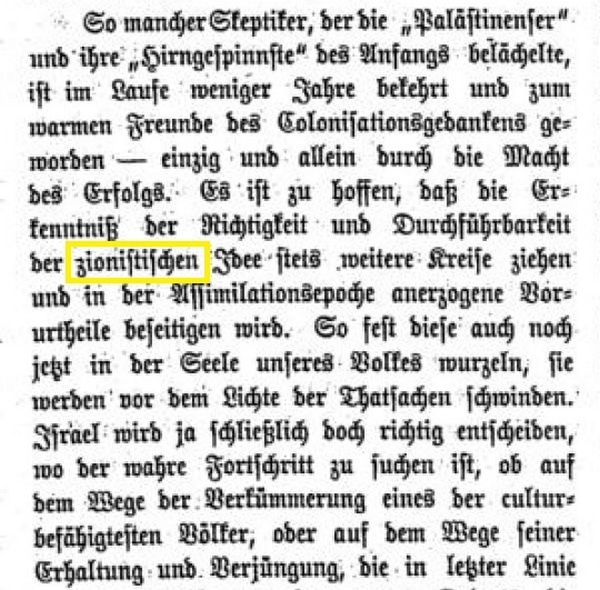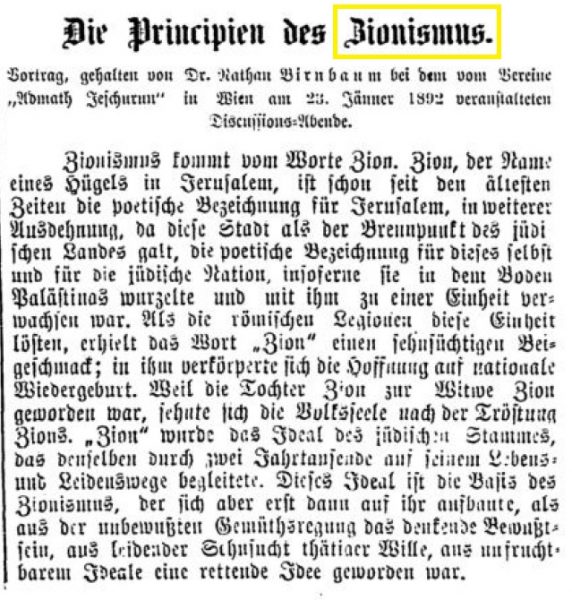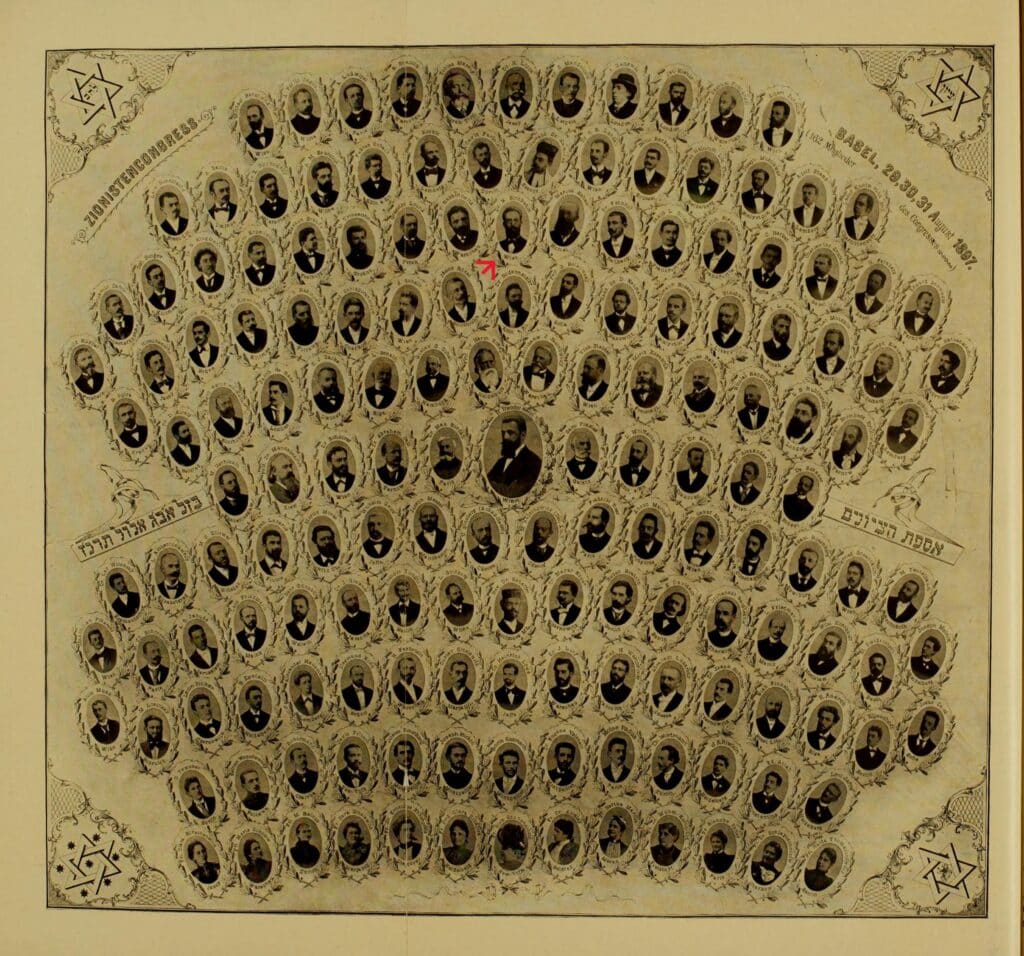Zionism – one succinct word that is loaded with so much meaning. A word that represents a broad ideology, based on the concept that the national home of the Jewish people should be in Zion – in their ancestral homeland in the Land of Israel. Over the years, Zionism has split into various streams: political, practical, and spiritual Zionism. The various streams differed regarding the goals of Zionism and how to achieve them, but they all shared the aspiration to establish an independent state for the Jewish people.
If tension surrounding the word “Zionism” in the past mainly pertained to disputes among the various streams, over the years increasingly more complexities have been piled upon this word. Nowadays, countries and organizations hostile to Israel speak of the “Zionist enemy”. Various bodies in Israel and around the world, mainly from the radical left, have also adopted “anti-Zionist” attitudes that attempt to portray Zionism as racist, and even call for the delegitimization of the State of Israel.
Sometimes it seems that the word “Zionism” has always existed – but it was coined, according to most assessments, only on April 1, 1890. The person who coined it was Jewish thinker Dr. Nathan Birnbaum. Almost symbolically, Birnbaum himself underwent an internal process surrounding the word and its meaning, turning from an ardent supporter of Herzl into one of his greatest opponents.

How do you say Zionism in German?
Nathan Birnbaum was born in Vienna to an observant Jewish family, but over the years he distanced himself from religion. The connection to Judaism as a nation, on the other hand, became a strong ideological component for him. In 1881, when he was only 17 years old, he joined the Hovevei Zion movement, and a year later he was one of the founders of the Kadimah Student Association – the first Jewish student association in Austria. Later, he was active in disseminating ideas of national revival and edited the first national Jewish newspaper in Germany, “Der Colonist”, which dealt with the possibility of settlement in Palestine. In 1885, Birnbaum published a journal dedicated to the idea of love of Zion called “Selbst-Emanzipation” (in English, “Self-Emancipation”).
On April 1, 1890, Birnbaum published the article “For the Honor and Peace of Our People”, in his journal, in which he first used the word “Zionistisch” – Zionist, intended to describe the members of the Hovevei Zion movement. About two years later, he published another article in the same journal called “Principles of Zionism”, in which he used the word “Zionismus” (“Zionism”). Thereafter, Birnbaum often used these words and their derivatives, describing Zionism as a solution to anti-Semitism. According to him, the word “Zionism” expressed the connection between the Jews and Zion, and emphasized that the Land of Zion was the only land where the Jewish people could ingather. In 1897, Birnbaum participated in the First Zionist Congress as the first secretary of the small Zionist Executive Committee. Herzl, who knew Birnbaum and was exposed to the term he coined, decided to adopt it as the name of the Zionist movement.


Birnbaum’s ideological transformation
At the beginning of the Zionist movement, Nathan Birnbaum and Binyamin Ze’ev Herzl shared similar views, but over the years, these views diverged. These differences of opinion mainly revolved around the question of the goal of Zionism – according to Herzl, the goal was national realization, and according to Birnbaum, the goal was to highlight the importance of national culture in the Zionist movement.
In 1898, Birnbaum left the Zionist movement and became one of the spokesmen for “Diaspora Nationalism”. In line with this approach, he preferred to work toward achieving national-cultural autonomy for Jews in the Diaspora over realizing the political Zionist plan.
During World War I, another significant change occurred in Birnbaum’s life. He became religious, joined Agudat Israel – an ultra-Orthodox party that sought to unite the Jewish people in the Land of Israel under the rule of the Torah – and even became the movement’s secretary. Over the years, he became even more extreme, and became one of the leaders of the ultra-Orthodox community. Accordingly, he also became a major opponent of the Zionist movement as led by Herzl.

There is no consensus
Alongside the numerous claims and testimonies linking Nathan Birnbaum to the term “Zionism”, there are also claims that he was not the first to coin the term. Researcher G. Kressel, for example, claimed in an article he published in 1956 that historian and writer Saul Pinchas Rabbinowicz had used this term as early as 1886, in a letter he sent to Yehudah Leib Levin.
Alex Bain, the historian and Herzl’s biographer, also questioned the connection between Birnbaum and the term Zionism. According to him, Ahad Ha’am claimed in 1902 that Hovevei Zion used to call themselves “Zionists” long before Herzl, and emphasized that Birnbaum did not coin the term but merely renewed it.
The disputes surrounding the origin of the term will probably never be resolved, but perhaps one cannot expect a consensus when dealing with a word like “Zionism”, which has become such a significant reality.






